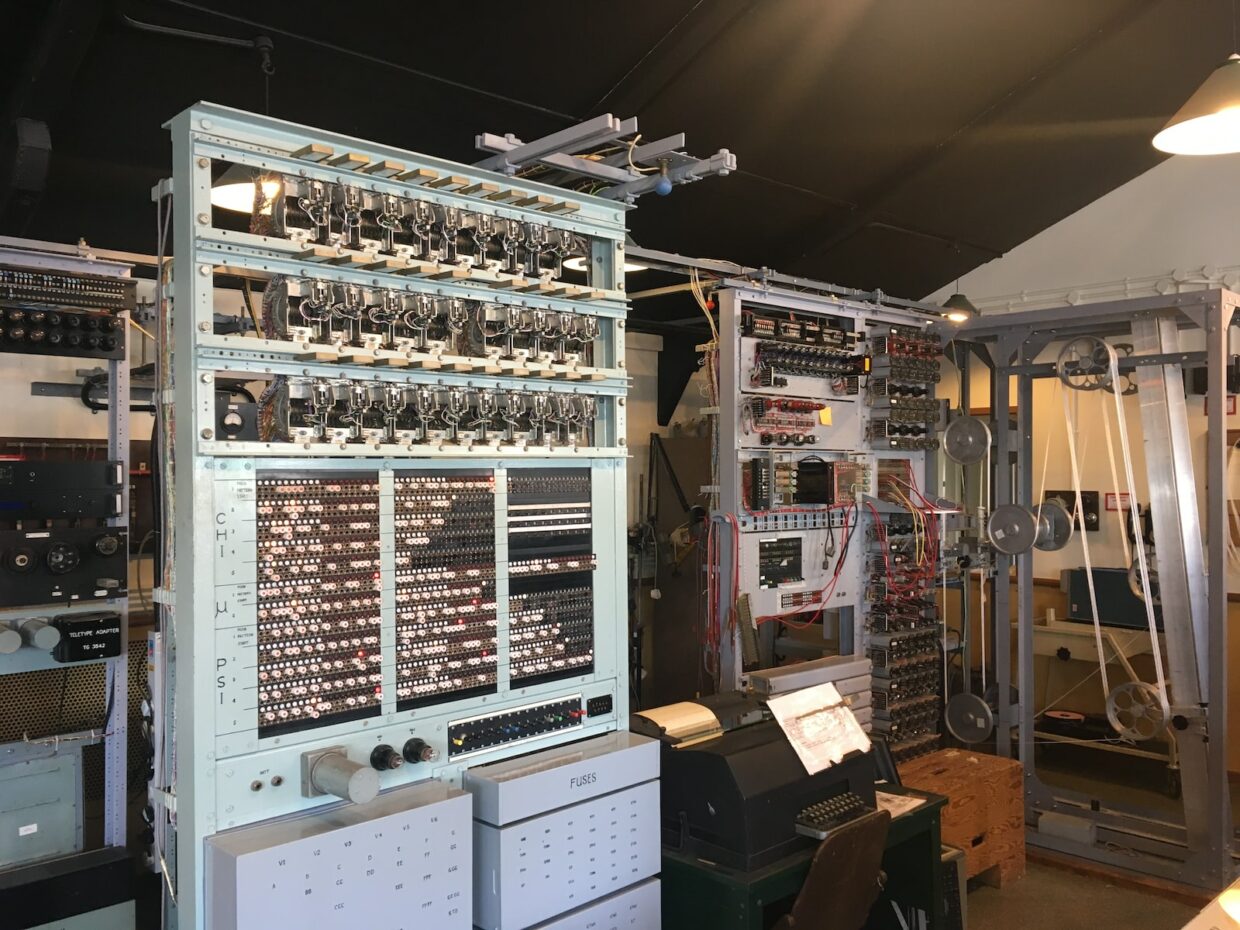Introduction
The world of education is constantly evolving and the incorporation of Artificial Intelligence (AI) has the potential to revolutionize the educational system in New Zealand. By predicting student outcomes and responses to stimuli, AI can provide a unique approach to teaching that can improve learning outcomes. AI can also facilitate virtual classrooms, automate grading and provide personalized learning opportunities. As AI in education continues to be explored and developed, there is much potential for it to become an integral part of the educational system in New Zealand.
The Benefits of AI in Education
AI can create a more efficient and better-targeted educational environment. It can be used to analyze and understand student performance, motivate and engage learners, personalize instruction, automate assessments, facilitate collaboration and generate personalized feedback.
- Efficiency: AI can analyze and use large amounts of data available from students to more accurately target material to particular learners, giving them material that is more likely to be effective and better suited to their learning style.
- Motivation and Engagement: AI can help create a more engaging and interactive learning environment where students are motivated by technology, allowing them to learn in a more natural way. AI can also provide personalized feedback and motivation, helping learners to feel more connected and engaged.
AI in the New Zealand Education System
In New Zealand, AI is being incorporated into the educational system in a variety of ways, including through AI-enabled adaptive learning technology, gamification and virtual classrooms. AI systems can also help improve formative assessment and provide personalized feedback. AI is also being used to detect cheating in online assessments and to automate grading.
- Adaptive Learning: AI-enabled adaptive learning technology can be used to analyze student data to provide personalized instruction for each student. This type of technology can be used to detect student’s interests and learning style, allowing teachers to provide targeted instruction to individual learners.
- Virtual Classrooms: Virtual classrooms can be used to create an interactive and engaging learning environment. AI-enabled virtual classrooms can allow students to collaborate with other students, teachers and learning materials, providing personalized instruction and feedback.
- Gamification: Gamification can be used to create a more engaging learning environment by using elements of gaming, such as leaderboards and rewards, in educational activities. AI can be used to create games that can be adapted to each student’s level of understanding and interests.
The Future of AI in Education
The potential of AI to revolutionize the New Zealand education system is tremendous. AI can provide a more personalized and efficient learning environment, allowing students to have access to a wider range of learning materials. AI can also enable virtual classrooms, automate assessments and create more engaging learning experiences.
As AI continues to evolve, it has the potential to become a powerful tool in the New Zealand education system. With AI, teachers can have more accurate data on student performance, allowing them to tailor instruction to individual learners. AI will also enable more interactive and engaging learning experiences, as well as provide access to personalized feedback and resources.
In the future, AI has the potential to become an integral part of the educational system in New Zealand. It can provide a more efficient and personalized learning environment, as well as enable virtual classrooms, automated assessments and gamified learning experiences. As AI technology continues to develop, its use in education is likely to become increasingly widespread.
Conclusion
The use of Artificial Intelligence (AI) in the New Zealand education system has the potential to revolutionize the way students learn. AI can improve the efficiency and accuracy of instruction, as well as provide a more personalized and engaging learning environment. AI can also enable virtual classrooms and automate assessments, as well as provide personalized feedback and resources. As AI technology continues to develop, its use in the New Zealand education system is likely to become increasingly widespread.







































